June 4, 2025 | 13:29 GMT +7
June 4, 2025 | 13:29 GMT +7
Hotline: 0913.378.918
June 4, 2025 | 13:29 GMT +7
Hotline: 0913.378.918
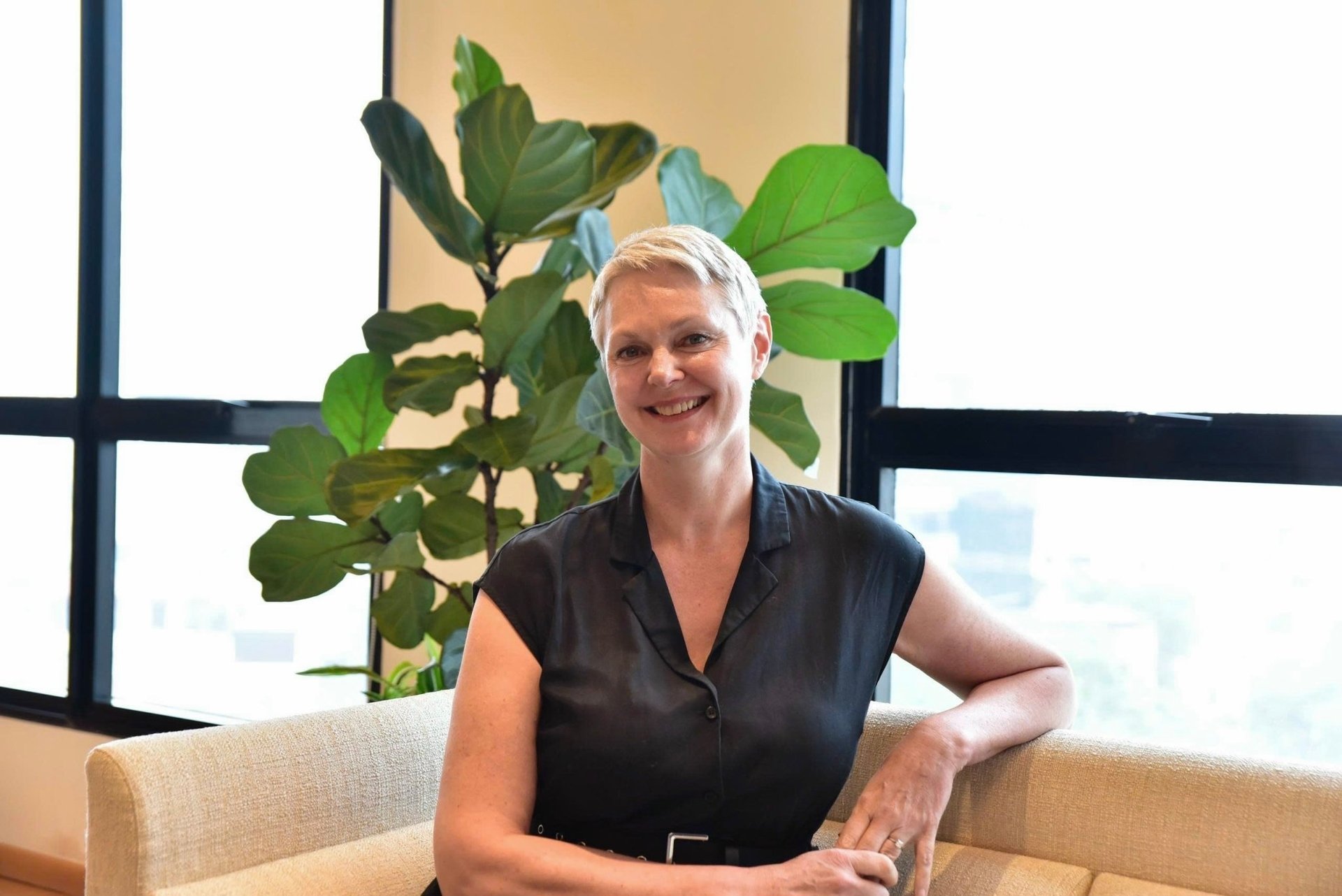
Mrs. Hilde Solbakken, the Norwegian Ambassador to Vietnam, shared with the Vietnam Agriculture and Nature Newspaper Norway's perspectives and experiences in sustainable waste management. Photo: Kieu Chi.
Each year, World Environment Day is an occasion to reflect and take action for a greener planet, where humans and nature thrive in harmony and sustainability. The year 2025 marks the third consecutive year the United Nations has chosen the theme “Beat Plastic Pollution,” highlighting the global urgency and calling on the international community to address plastic waste challenges.
On this occasion, the Vietnam Agriculture and Nature Newspaper interviewed with H.E. Ms. Hilde Solbakken, the Norwegian Ambassador to Vietnam, who shared Norway’s effective initiatives to reduce plastic waste at source, in line with the message: “Repair, Reuse, and Reduce Plastic Consumption.”
Norway is recognized as a global leader in environmental protection linked with green economic development. One of the key solutions that has been effectively implemented in Norway is the Extended Producer Responsibility (EPR) waste management policy.
Ambassador Solbakken explained that Norwegian businesses are not only responsible for the products they sell, but also for ensuring the collection and proper disposal of waste once the products reach the end of their life cycle. For example, if a household appliance breaks, Norwegians can bring it to any electronics store. These stores are obligated to accept, repair, or recycle the item in accordance with national e-waste management regulations.
To support this process, the Norwegian Government has proactively issued regulations and set clear recycling targets. The higher the standards, the more feasible and efficient it becomes to recycle and recover valuable materials from waste.
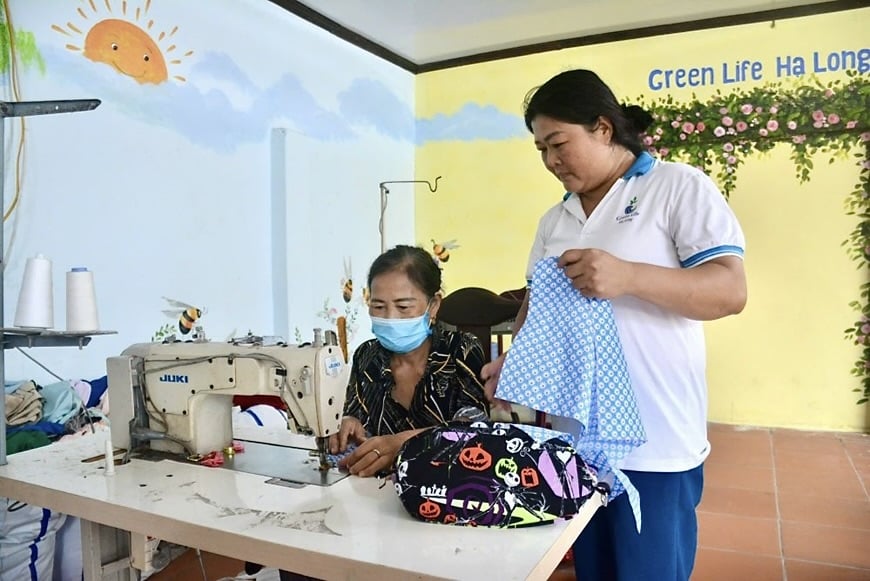
Residents of Quang Ninh are designing recycled products made from waste materials. Photo: La Duy.
“We have observed that Vietnam has implemented several pilot models for waste separation at source. This is a positive sign toward building a foundation for a waste separation system suited to the country’s conditions,” said Ambassador Hilde Solbakken.
Notably, Vietnam’s waste management chain also involves the active participation of unofficial waste collectors and handlers. However, integrating this workforce into the formal management system requires careful consideration to ensure operational efficiency and social equity.
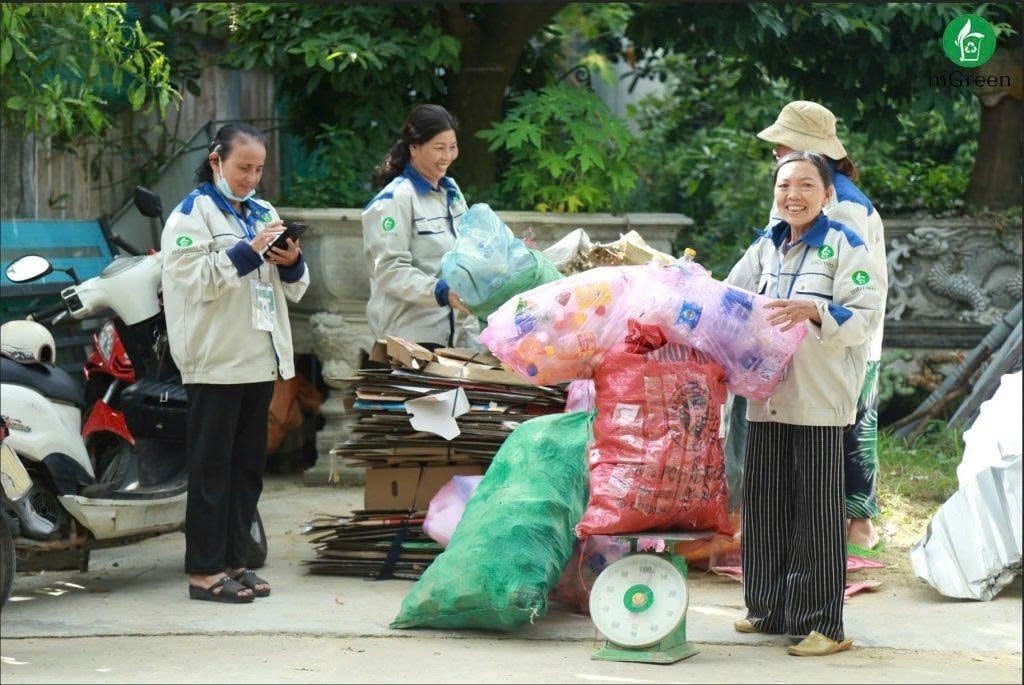
The community of female waste collectors is the primary beneficiary of the project “Hue - A Plastic Smart City in Central Vietnam”. Photo: TVA Project.
As part of the cooperation project between the Government of Norway and the World Wide Fund for Nature (WWF) in Vietnam, the initiative “Hue - A Plastic Smart City in Central Vietnam” (TVA) has successfully piloted models that support and enhance the role of female waste collectors in collecting recyclable materials. The project also recognizes their contributions as a vital link in building a sustainable urban waste management system.
In addition, Vietnam is working closely with Norway, particularly in the application of advanced technologies in cement production using non-recyclable plastic waste as an alternative fuel to coal. This “three-in-one” solution not only helps to treat hard-to-dispose waste but also reduces production costs for cement plants and lowers greenhouse gas emissions.
In the coming period, the Norwegian Embassy in Vietnam will collaborate with the United Nations Development Programme (UNDP) to pilot a Deposit Return Scheme (DRS) for plastic packaging. Under this scheme, consumers pay a small deposit when purchasing plastic bottles, which is refunded when they return the empty bottles to the store.
In Norway, this mechanism has achieved a remarkable return rate of up to 92%. This serves as a testament to the model’s effectiveness and sustainability. After thorough surveys and assessments, experts believe the DRS model is highly feasible and can be successfully implemented in Vietnam, paving the way for significant reductions in plastic waste and promoting a circular economy.
"At the Norwegian Embassy, we’ve conducted a feasibility study on implementing DRS in Vietnam, and the results clearly show that it is entirely feasible. However, some adaptations will likely be necessary to fit the local context", stated Ambassador Hilde Solbakken.
On World Environment Day, Norway’s message is clearer than ever: Waste management is not solely the responsibility of governments or businesses. It is the role of each individual must take part in, starting today. Sorting waste at the source, practicing responsible consumption, and choosing to repair instead of replace are small actions that step by step help build a greener, cleaner, and more sustainable future for Vietnam and the world.
Translated by Kieu Chi
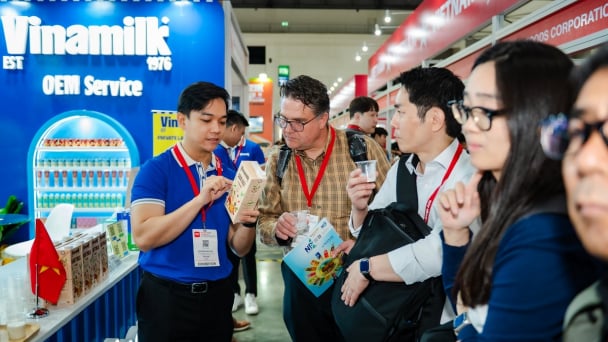
(VAN) At Thaifex Anuga Asia 2025, Asia’s leading food and beverage trade show, more than 170 Vietnamese enterprises are participating, with Vinamilk having been a consistent presence for nearly 20 years.
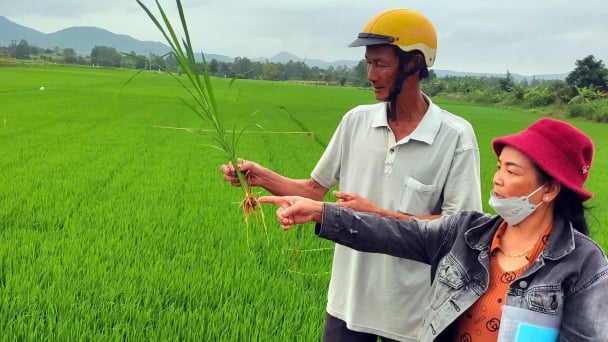
(VAN) On June 3, the Institute of Agricultural Environment organized a workshop titled 'Supporting greenhouse gas inventories in agriculture: Enhancing technical and governance insights for rice production in Vietnam'.
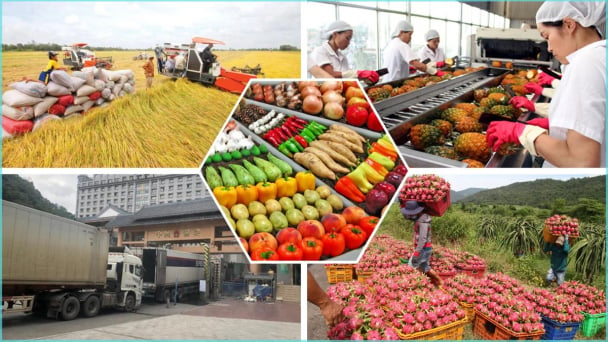
(VAN) In the first 5 months, the export turnover of agricultural, forestry, and fishery products rise significantly, thanks to a relatively stable domestic production and export market.
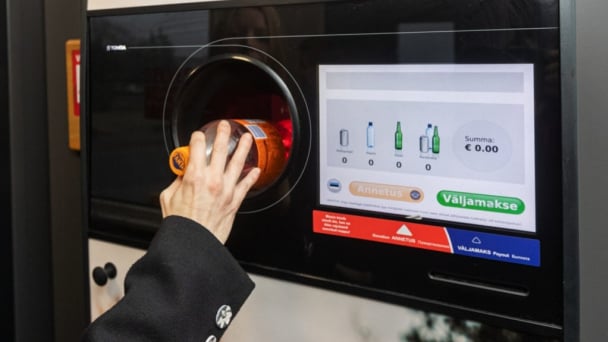
(VAN) Deposit Return System (DRS) created a natural cycle of responsibility, reinforced by social norms and practical necessity. Materials had value and returning them was second nature.
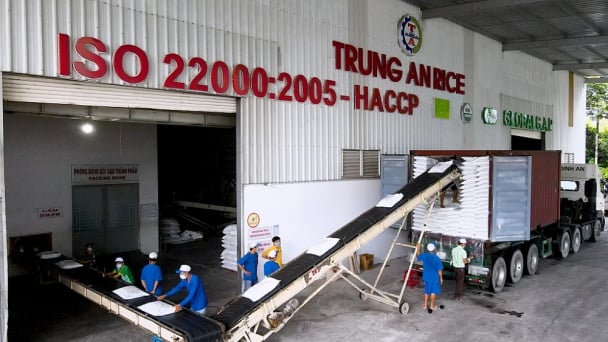
(VAN) On June 5, in Can Tho City, the Vietnam Rice Industry Association (VIETRISA) and Trung An Company will hold a ceremony to export the first shipment of 'Green and Low-Emission Vietnam Rice' to Japan.
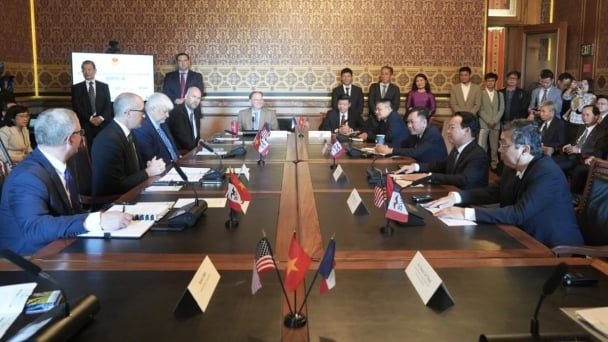
(VAN) Minister Do Duc Duy believes this event will mark the start of a new chapter in deeper cooperation between Vietnam’s agricultural sector and the state of Iowa.